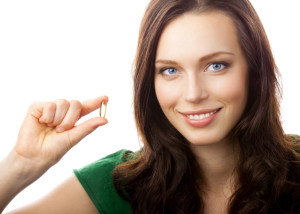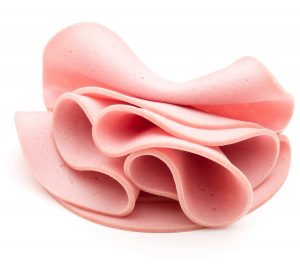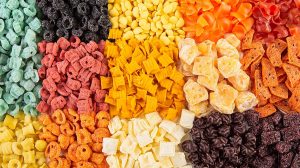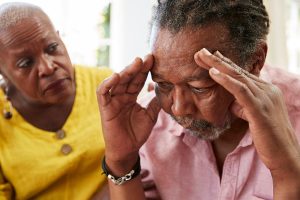 As we women hit a certain age—usually 30, I’d say—we begin to focus more heavily on ways to better care of our bodies, both for health and beauty purposes. Attempting a simple online search for recommended health, wellness and anti-aging products usually ends with my pupils morphing into dollar signs as I add up the cost of every vitamin and supplement I’m apparently supposed to be taking in order to remain youthful, energetic and basically just alive. So, I started doing some in-depth research and even talked to a few doctors, and have compiled a list of the vitamins women in their 30s should actually be taking. (*Note: This information is for the average 30-something woman and doesn’t include women with health issues, who are pregnant or any other extenuating circumstance.)
As we women hit a certain age—usually 30, I’d say—we begin to focus more heavily on ways to better care of our bodies, both for health and beauty purposes. Attempting a simple online search for recommended health, wellness and anti-aging products usually ends with my pupils morphing into dollar signs as I add up the cost of every vitamin and supplement I’m apparently supposed to be taking in order to remain youthful, energetic and basically just alive. So, I started doing some in-depth research and even talked to a few doctors, and have compiled a list of the vitamins women in their 30s should actually be taking. (*Note: This information is for the average 30-something woman and doesn’t include women with health issues, who are pregnant or any other extenuating circumstance.)
Anti-oxidants
Many women in their 30s look in the mirror and suddenly notice fine lines, thinning skin and other signs of aging. The good news is that some vitamins can help slow this process. A group of vitamins and minerals known as anti-oxidants fight free radicals, which are harmful molecules created by toxins in the environment that can contribute to disease and aging. In general, women in their 30s should aim for at least 15 mg of vitamin E each day to reduce the signs of aging and boost immunity. Vitamin C facilitates the absorption of vitamin E, boosts immunity and reduces risk of heart disease. Aim to get at least 75 mg each day. At least 2,310 IU of vitamin A daily helps to protect your eyes and prevent sun damage.
Calcium
Women in their 30s need to begin thinking about preventing future diseases, such as osteoporosis, a thinning of the bones. You can help keep your bones strong by getting adequate calcium. While calcium is a mineral, not a vitamin, it is still vital for a woman in her 30s. The National Institutes of Health recommends that all women under 50 get at least 1,000 mg of calcium each day. If you are pregnant or nursing, that recommendation increases to 1,200 to 1,500 mg per day. Vitamin D helps your body absorb calcium, so make sure you get 400 IU each day.
Iron
Another especially important mineral for women in their 30s is iron. Women are at great risk of developing iron deficiency. This is especially true for women who have heavy menstrual periods or are pregnant. An iron deficiency can cause you to feel tired, increase your chance of infection and keep you from maintaining a comfortable body temperature. To avoid these issues, aim for at least 18 mg of iron per day or 27 mg if you’re pregnant. If you’re nursing, the recommendation actually drops to 9 mg per day. Vitamins C and A help your body absorb and use iron, so get adequate amounts of those vitamins.
So, unless your physician advises you differently, don’t get sucked in by the empty promises and allegedly “miraculous results” so many vitamin brands are making! Stick to the basics–both your body and bank account will thank you.

















